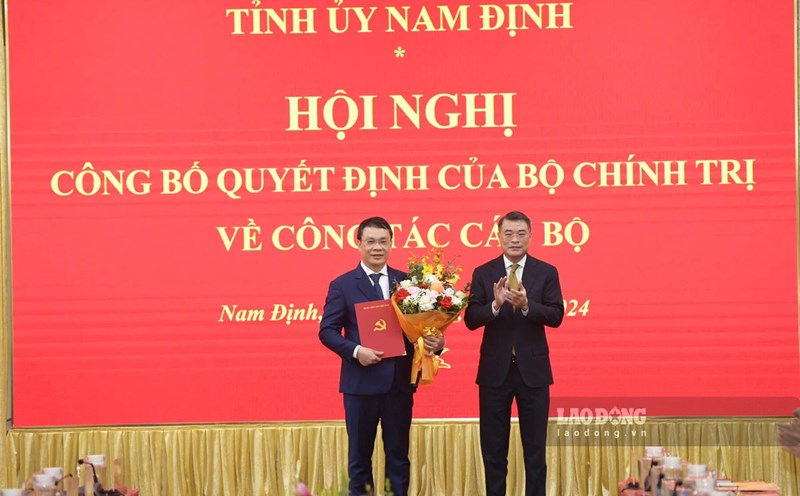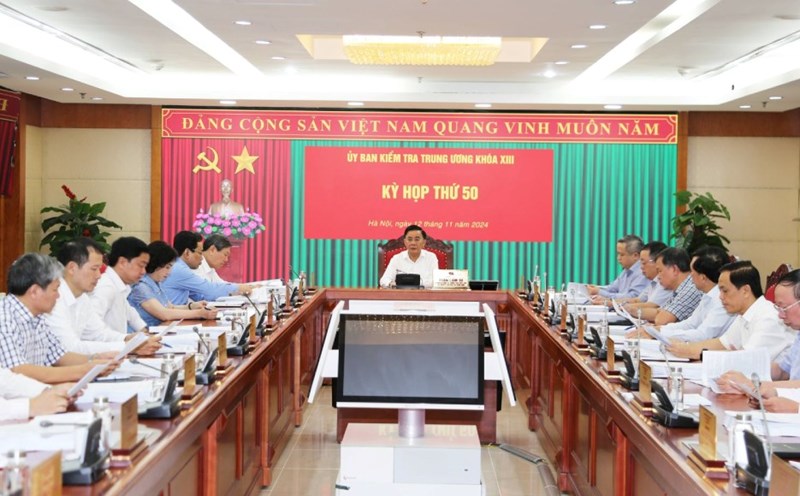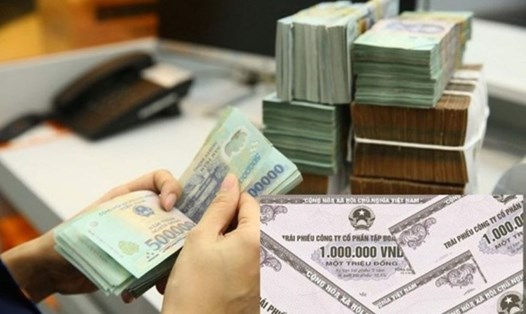Difficult to access green credit
Ms. Nguyen Thi Hai Binh - STP Group - is very interested in the issue of green values. Her company has invested in manufacturing cages, fishing boats, and tourist boats from HDPE plastic - a highly recyclable plastic.
Ms. Hai Binh said that marine farming is a solution to marine conservation, an independent economy, creating harmony in the marine economy and protecting aquatic resources.
STP Group leaders said that countries around the world have switched to using HDPE cages for a long time. Not only is it a good recycled plastic, but it can also withstand the destructive power of storms.
"Even the cages we design have automatic features and are equipped with GPS, so even if there is a big storm and the cages drift far away, the products will still belong to the people.
However, in Vietnam, raw materials for HDPE plastic production must be imported 100% from Arabia, subject to taxes and high transportation costs, so the price of HDPE cage products to people is still considered high.
According to Ms. Hai Binh, many people understand the role of preserving the marine environment and want to invest in HDPE plastic cages, but the cost is too expensive. Borrowing capital to invest is also difficult because most people do not have assets to secure the loan.
Ms. Hai Binh said that the aquaculture industry has Decree 11 of the Government issued together with Decision 11664/QD-TTg, which has created conditions to promote the marine farming industry, allowing businesses and farming households to go to the water surface for 30 years when implementing projects.
"Currently, our company is one of the few companies that has been granted a 30-year green book at sea. However, even with a "green book" and tens of billions of dong in invested assets, it is difficult for our company to mortgage these assets, because banks refuse assets at sea. Even storm insurance for assets at sea is not favored by insurance companies because of the high cost and high risk," said Ms. Hai Binh.
Still a matter of legal framework
Speaking with Lao Dong, Ms. Phung Thi Binh - Deputy General Director of Agribank - said that credit institutions in general or Agribank in particular can choose to lend with or without collateral. Banks that lend with collateral must comply with regulations on loan collateral.
"For example, we lent money to people in Lam Dong to grow flowers and vegetables in greenhouses, but the people's greenhouses were not recognized as assets on the land, so they could not carry out mortgage procedures and register secured transactions. We have repeatedly petitioned the Ministry of Natural Resources and Environment about this issue. If we lend money, the inspection agencies will not recognize this mortgaged asset.
Similar to the case mentioned by Ms. Hai Binh, the farm and cages at sea are new assets, they are physical assets invested for people to raise animals at sea, but currently no unit has recognized them as assets, so we cannot do the procedures for mortgaged assets.
If there is a regulation that assets such as greenhouses and cages can be used as collateral, we are willing to accept it, but if the regulation does not allow it, it will be very difficult for banks to lend," said the Deputy General Director of Agribank.
According to experts, green finance plays a very important role in the entire economy. By the end of June 2024, green credit balance reached nearly 680,000 billion VND, accounting for only about 4.5% of the total outstanding balance of the entire economy.
Sharing with Lao Dong, Dr. Pham Duc Anh - Deputy Head of Research and Consulting Division, Banking Research Institute, Banking Academy - said: "One of the major challenges, in my personal opinion, lies in the lack of a clear legal framework on criteria for classifying green projects. In fact, this has been causing many difficulties for the expansion of green credit.
Several other banks such as Agribank, TPBank, MSB and HDBank have also launched green credit packages with preferential interest rates to promote clean energy and organic agriculture projects. TPBank even offers a preferential interest rate of 0% for the first 3 months for some green projects.
According to Dr. Duc Anh, despite many advances, promoting green credit still faces many difficulties due to the novelty and high investment costs of green projects. Many businesses still cannot access preferential capital sources due to the lack of clear standards for assessment and classification.
Therefore, to truly promote sustainable development, the banking industry in the coming time needs to soon complete the legal framework and support mechanisms, while increasing access to green credit for small and medium enterprises.











